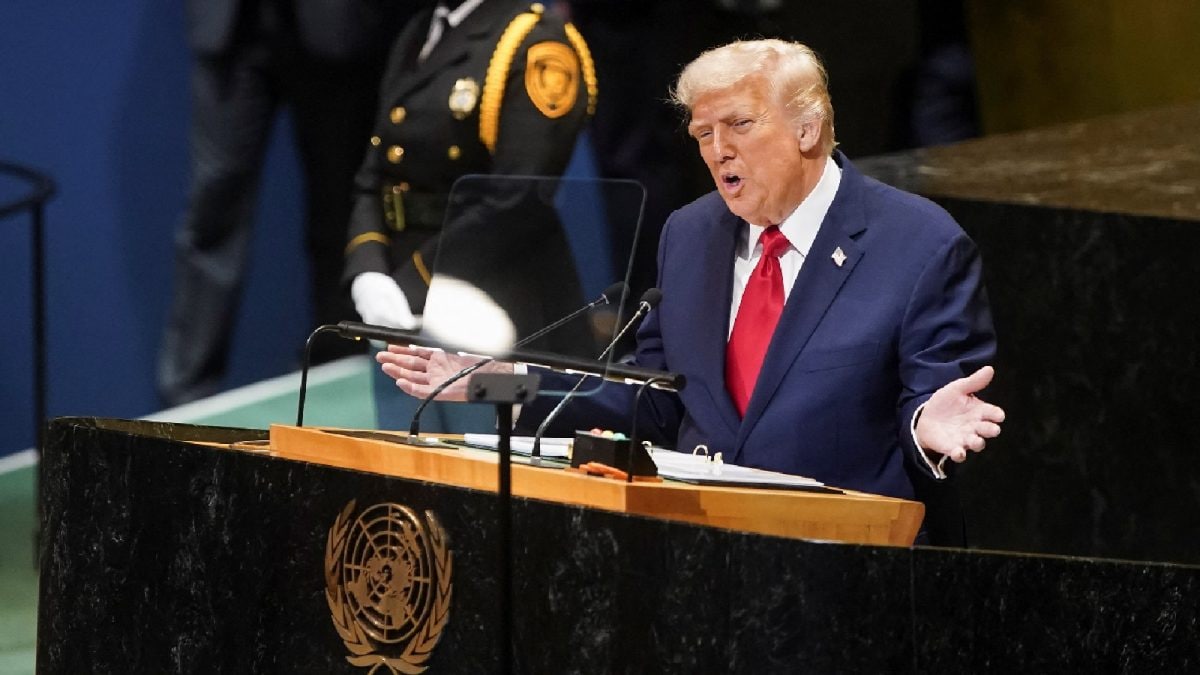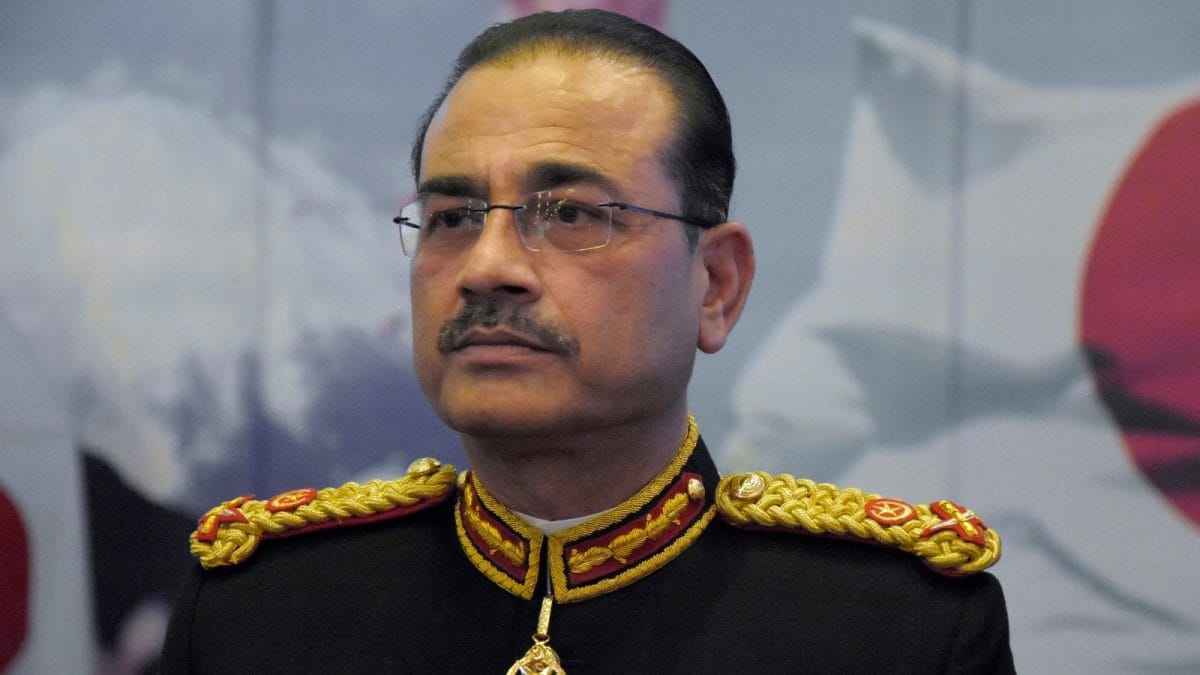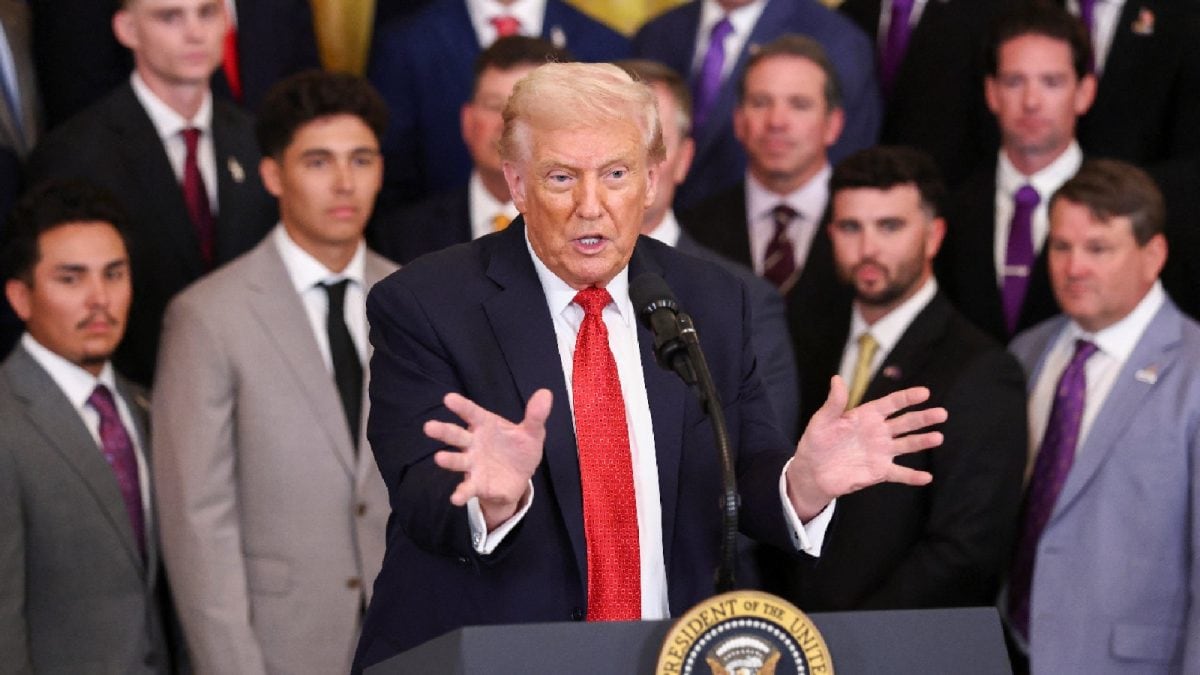Saudi Arabia has abolished its decades-old Kafala labour sponsorship system. This reform grants migrant workers greater freedoms and aligns labour laws with international standards.

The Kafala system was originally designed to manage the flow of cheap foreign labour needed to build oil-rich Gulf economies.(File Photo: AP)
Saudi Arabia has abolished its decades-old Kafala system, a labour sponsorship model that controlled the lives and rights of millions of foreign workers. The decision, announced in June 2025, marks a historic step toward improving migrant welfare and labour rights in the kingdom. The reform is expected to benefit around 13 million migrant workers, mostly from South and Southeast Asia.
The word Kafala, derived from Arabic for "sponsorship," came to represent an entire way of life in the Gulf -- one where employers had near-total control over their employees, deciding whether they could change jobs, leave the country, or even seek legal help.
Introduced in the 1950s, the Kafala system was originally designed to manage the flow of cheap foreign labour needed to build oil-rich Gulf economies. According to the system, every migrant worker was tied to a local sponsor, known as a Kafeel, who held authority over their residency, employment, and legal status.
However, over the decades, the framework became a source of widespread abuse. Employers could seize workers’ passports, delay or deny wages, and restrict their movement. Without their sponsor’s permission, workers could not change jobs, return home, or approach the authorities in case of mistreatment.
Rights groups frequently compared the Kafala system to "modern-day slavery," saying it stripped workers of their basic freedoms and left them vulnerable to exploitation.
INTERNATIONAL CALLS FOR REFORM
The Kafala system faced mounting criticism from human rights organisations, international labour bodies, and foreign governments. The Labour Organization (ILO) and several NGOs accused Gulf countries of enabling forced labour and human trafficking under the guise of sponsorship.
With an estimated 13.4 million migrant workers, accounting for nearly 42 per cent of its population, Saudi Arabia has relied on foreign labour for domestic work, construction, agriculture, and other sectors. Many of these workers came from India, Bangladesh, Nepal, and the Philippines.
The worst affected were domestic workers, particularly women, who often lived in isolation and faced limited legal protection. Reports from global rights groups documented cases of overwork, non-payment, and abuse.
Saudi Arabia’s decision to dismantle the system comes after years of international scrutiny and calls for reform. It also follows similar moves by other Gulf nations, such as Qatar, which changed its labour laws just before hosting the 2022 FIFA World Cup.
HOW WILL THIS AFFECT MIGRANT WORKERS?
The end of the Kafala system is part of Crown Prince Mohammed bin Salman’s Vision 2030 plan -- an ambitious effort to diversify Saudi Arabia’s economy, reduce dependence on oil, and present a modern, progressive image to the world.
Under the new framework, Saudi Arabia will move to a contract-based employment system designed to give workers more independence and control over their lives. Migrant employees will now be able to change jobs without needing approval from their current employer.
They will also be free to leave the country without requiring an exit visa or their sponsor’s consent, ending a restriction that trapped many in abusive or exploitative conditions.
In addition, access to labour courts and complaint mechanisms has been expanded, allowing workers to report violations and seek justice more safely.
These reforms aim to align Saudi Arabia’s labour practices with international standards while making the kingdom a more appealing destination for skilled professionals and foreign investors.
- Ends
Published By:
Satyam Singh
Published On:
Oct 22, 2025
Tune In

 2 hours ago
2 hours ago

















